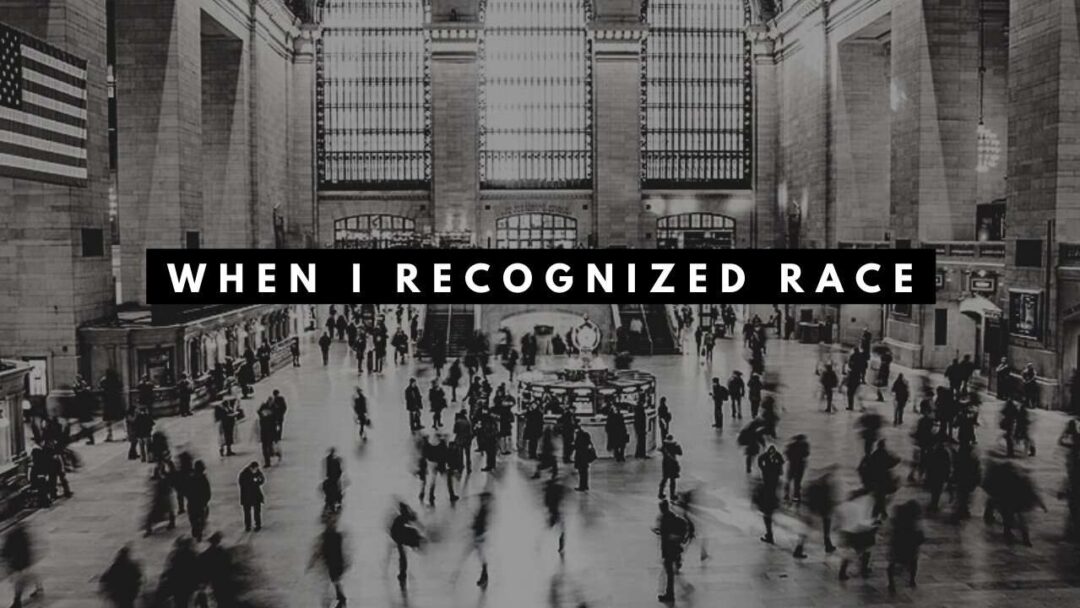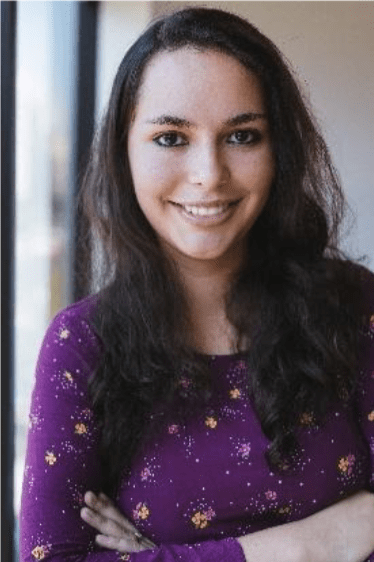I was born in El Salvador to an American father and a Salvadoran mother. I grew up aware of racial differences from a very young age because I recognized race affected how people treated my family and me. People would assume that my sister and I are not fully related because her skin is much lighter than mine, and people would treat my mother differently because she speaks English with a strong accent. I was fortunate because I could adjust to American culture pretty easily even though I didn’t always feel at home in the United States—and I still often felt like I do not belong. I recall various instances that made me feel like an outsider. One of these instances, filling out a form asking about race, is one that I have not forgotten to this day.
The first time I had to fill in a form that required me to select a race was strange for me. I was at a doctor’s office with my mother and was filling in the information they requested. I remember being confused about what choice to select for race since I felt like none of the options seemed to apply to me. I asked my mom what to select, and she said, “Just put white,” and I remember, in my innocence, replying to her and saying, “Pero soy café” (“But I am brown”). My mother just told me that none of the other options applied to me, so I had to choose white. I didn’t fully understand what race meant at the time and did not understand why I was choosing something that didn’t apply to me. I have had to fill in many forms since that moment, and every time I do I hesitate and wonder which option to choose.
Studies have shown that many Hispanics feel that same confusion, a fact highlighted by the fact that many will choose “Other” when filling in this information. A study by the Pew Research Center actually found that two-thirds of Hispanics feel that their Hispanic background is also part of their racial background. The nuances and details of determining race versus ethnicity and defining what should qualify as race are beyond me, but I want to highlight how a simple form can make Hispanics feel excluded and confused. It may seem like a small thing, but when you are filling out a census form and you feel like your race isn’t accurately represented, it can cause some unease.
Before I was a Christian, forms like this and my attempts to figure out my identity as a Hispanic-American were anxiety-inducing. I never quite felt at home in the United States because I thought there was a lot about being American that I did not understand. Many people assumed that because my father is American, I must feel just as comfortable in the United States as I did in Latin America, but this was not true. I know I am not the only Hispanic person in the United States that struggles to always feel at home, especially in a country that doesn’t always understand Hispanic culture.
However, now, as a Christian, the anxiety and confusion that I sometimes feel as a Hispanic-American living in the United States is much easier to manage. I know that a box on a form does not define me, rather I am defined by my identity in Christ. I am Hispanic, and American, but I am Christ’s first. John 1:12 says “But to all who did receive him, who believed in his name, he gave the right to become children of God,” and I find such reassurance in this. I am a child of God; no form can take that away from me. There is comfort and freedom in knowing that even though a form may not accurately represent me, my identity is defined by something far beyond a piece of paper…Christ.
Prayer Requests:
- Pray for those that have experienced discrimination because of their race.
- Pray that those who are struggling to find their identity will find it in Christ.
- Pray that Christians will strive to be inclusive of races, ethnicities, and cultures that are not their own.












